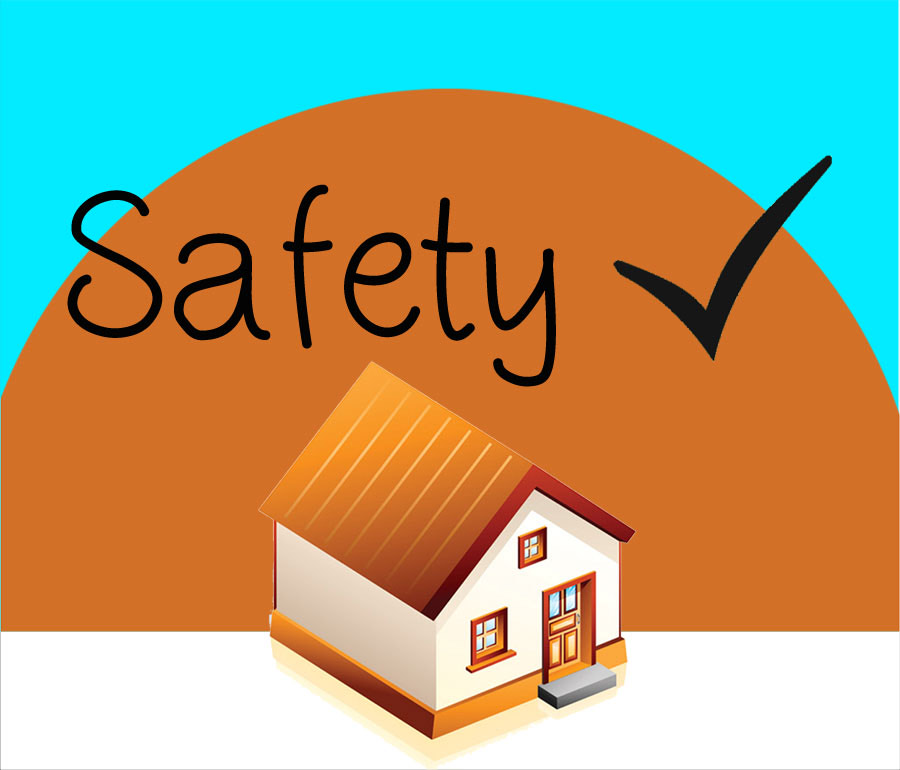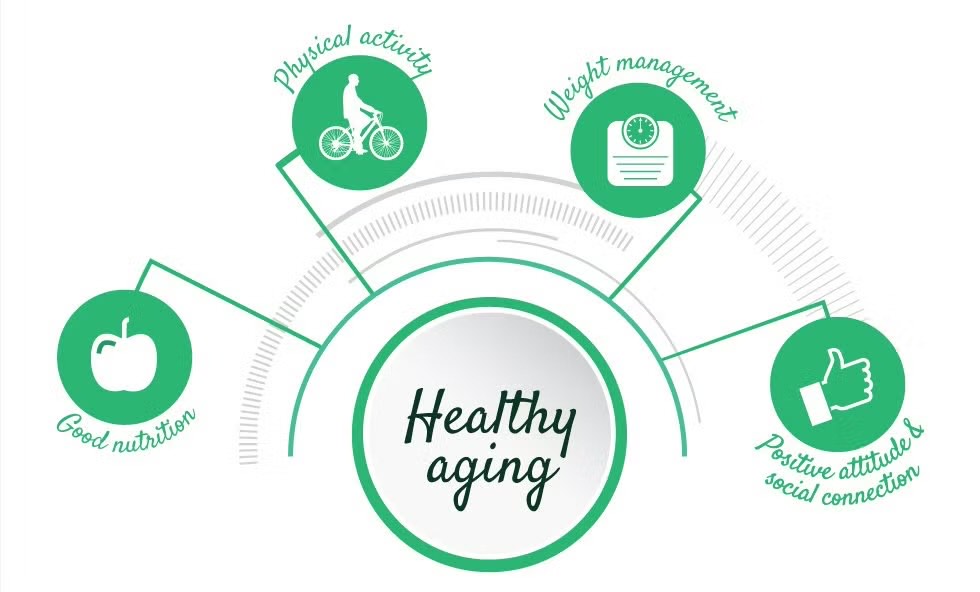As we age, maintaining a safe and comfortable living environment becomes increasingly important. Seniors are more susceptible to injuries at home, making it vital to take proactive measures. Here are some practical tips to improve home safety for seniors and provide peace of mind for their loved ones.
1- Prevent Falls
Falls are a leading cause of injury among older adults.
- Remove tripping hazards: Clear walkways of clutter, cords, and loose rugs.
- Install grab bars and railings: Place sturdy grab bars in bathrooms and handrails on stairs.
- Ensure proper lighting: Use bright, easy-to-access lighting, especially in hallways and stairwells. Consider nightlights for nighttime navigation.
2- Improve Bathroom Safety
Bathrooms can be particularly dangerous due to slippery surfaces.
- Non-slip mats and flooring: Use rubber mats or adhesive strips in the shower or tub.
- Shower chairs and hand-held showerheads: These make bathing safer and more comfortable.
- Raised toilet seats: These reduce the risk of falls when sitting or standing.
3- Fire and Carbon Monoxide Safety
Fire prevention and air quality are critical for home safety.
- Install smoke and carbon monoxide detectors: Place them near bedrooms and test them monthly.
- Avoid space heater misuse: Keep space heaters away from flammable items, and never leave them unattended.
- Plan an emergency escape route: Make sure it is easy to navigate and free from obstacles.
4- Medication Management
Managing medications correctly is essential for health and safety.
- Use a pill organizer: This helps keep track of daily doses.
- Set reminders: Alarms or apps can remind seniors to take medications on time.
- Dispose of expired medications: Keep the medicine cabinet clean to avoid accidental ingestion.
5- Security Measures
Seniors can be targets for scams or intrusions.
- Secure doors and windows: Use deadbolts and window locks.
- Install a peephole or video doorbell: These allow seniors to see visitors without opening the door.
- Beware of phone and internet scams: Avoid giving out personal information to unsolicited callers.
6- Kitchen Safety
Prevent accidents where cooking hazards are present.
- Use appliances with automatic shutoff features: This reduces the risk of fires.
- Keep frequently used items within reach: Avoid climbing or using unstable stools.
- Check for outdated food: Regularly clean out the refrigerator and pantry to prevent foodborne illness.
Conclusion
Small, thoughtful adjustments can make a significant difference in creating a safer home for seniors. Implementing these strategies promotes independence while minimizing risks. If you’re helping a senior loved one, walk through their home together to identify potential hazards and prioritize changes. A secure home is the foundation for a happy and healthy life.




